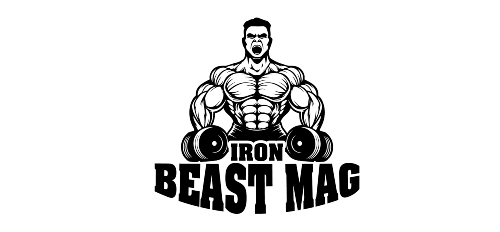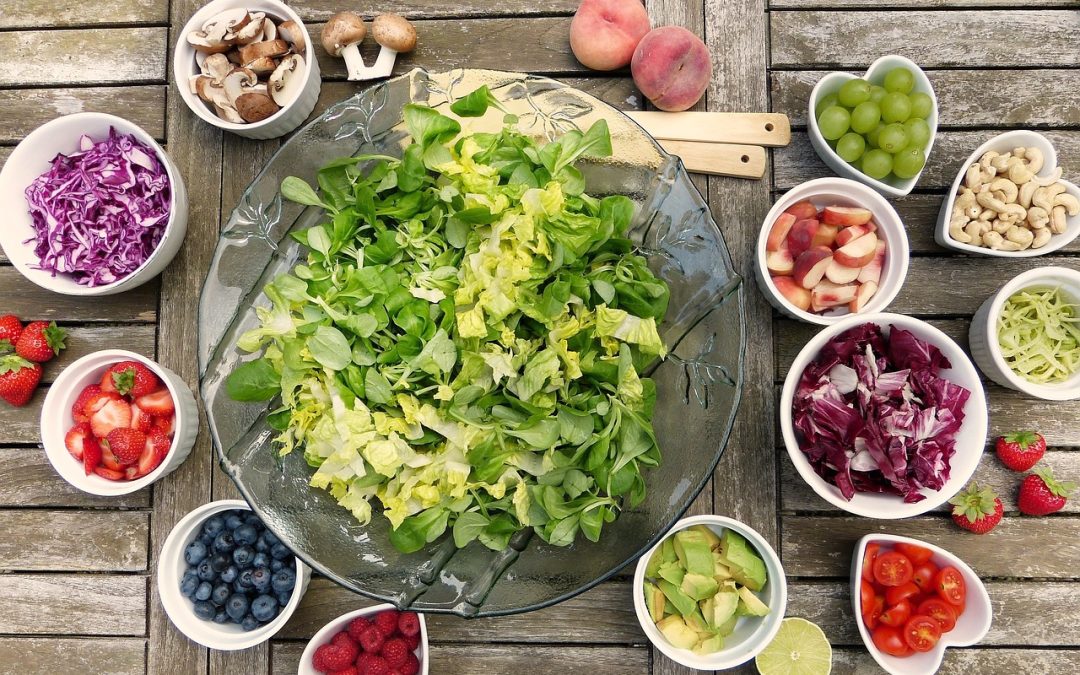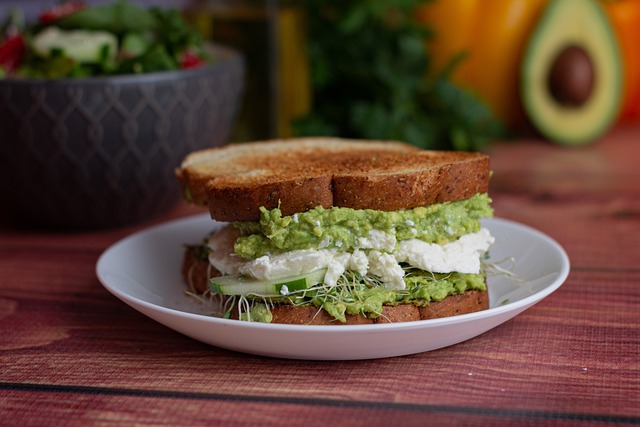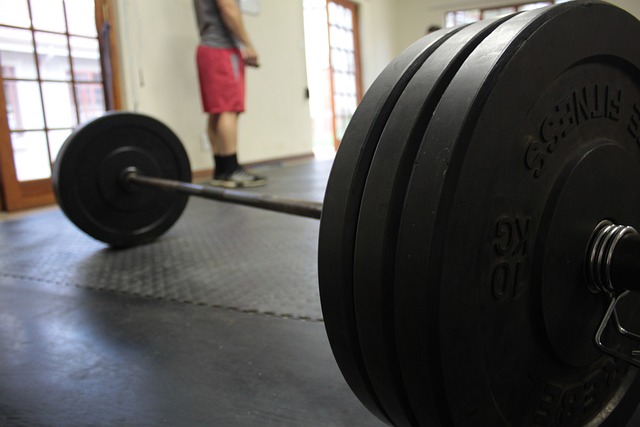Introduction
In recent years, the popularity of veganism has soared, and many people are adopting a plant-based lifestyle for various reasons, including health, environmental concerns, and animal welfare. However, there is a common misconception that building muscle on a vegan diet is challenging due to the absence of animal products. In reality, it is entirely possible to build and maintain muscle mass on a vegan diet by making mindful food choices and implementing an effective training regimen. In this article, we will explore the key principles of how to build muscle on a vegan diet and provide practical tips to help you achieve your fitness goals.
Table of Contents
1. Understanding Protein on a Vegan Diet
2. Optimal Macronutrient Distribution for Muscle Building
3. Plant-Based Protein Sources
4. Essential Amino Acids and Complete Proteins
5. Incorporating Strength Training into Your Routine
6. Pre- and Post-Workout Nutrition
7. Importance of Caloric Surplus
8. Balancing Nutrient Intake
9. Supplementation for Vegans
10. Rest and Recovery
11. Tracking Progress and Adjustments
12. Sample Vegan Meal Plan for Muscle Building
13. Common Myths About Vegan Muscle Building
14. Overcoming Challenges and Staying Motivated
15. Conclusion
Understanding Protein on a Vegan Diet
Protein is a crucial macronutrient when it comes to building and repairing muscle tissue. While animal products are often associated with high-quality protein, plant-based sources can also provide an adequate amount of protein for muscle growth. It’s important for vegans to ensure they consume a variety of protein-rich foods to meet their daily requirements. By combining different plant-based protein sources, such as legumes, tofu, tempeh, seitan, quinoa, and nuts, you can obtain all the essential amino acids necessary for muscle synthesis.
Optimal Macronutrient Distribution for Muscle Building
To build muscle effectively, it’s essential to have the right macronutrient distribution in your diet. While protein is crucial, carbohydrates and fats also play a significant role. Generally, a balanced vegan diet for muscle building should consist of approximately 45-65% carbohydrates, 20-35% protein, and 20-35% fats. However, individual needs may vary depending on factors such as body composition, activity level, and goals.
Plant-Based Protein Sources
Vegan protein sources are diverse and offer a wide range of options to meet your protein needs. Legumes, such as lentils, chickpeas, and black beans, are excellent sources of plant-based protein. Additionally, soy products like tofu and tempeh are highly versatile and protein-rich. Other options include seitan, quinoa, hemp seeds, chia seeds, and nutritional yeast. Experimenting with different protein sources can add variety to your diet and ensure you receive a broad spectrum of nutrients.
Essential Amino Acids and Complete Proteins
Protein from plant sources is often considered incomplete as they may lack certain essential amino acids. However, by combining different protein sources throughout the day, you can easily obtain a complete amino acid profile. For example, consuming legumes with grains or seeds creates a complementary protein combination. By incorporating a variety of foods into your meals, you can ensure you are meeting your amino acid requirements for muscle growth.
Incorporating Strength Training into Your Routine
While proper nutrition is vital, strength training is equally important when it comes to building muscle. Resistance exercises like weightlifting, bodyweight exercises, and resistance band workouts stimulate muscle growth by creating micro-tears in the muscle fibers. This prompts the body to repair and rebuild the muscles, making them stronger and larger.
To build muscle effectively, include a combination of compound exercises and isolation exercises in your workout routine. Compound exercises, such as squats, deadlifts, and bench presses, target multiple muscle groups simultaneously, maximizing overall muscle growth. Isolation exercises, like bicep curls or calf raises, focus on specific muscles, allowing for targeted development.
It’s important to progressively overload your muscles by gradually increasing the weight, reps, or intensity of your exercises over time. This constant challenge ensures continued muscle growth and prevents plateauing.
Pre- and Post- Workout Nutrition
Fueling your body properly before and after workouts is crucial for optimal muscle growth and recovery. Before your workout, consume a balanced meal or snack that includes carbohydrates for energy and protein for muscle repair. Good pre-workout vegan options may include a banana with almond butter, a protein smoothie with fruits and plant-based protein powder, or a tofu stir-fry with quinoa.
After your workout, prioritize post-workout nutrition to replenish glycogen stores and kickstart the muscle repair process. Include a combination of carbohydrates and protein in your post-workout meal or snack. Some examples of post-workout vegan options include a plant-based protein shake, a quinoa and vegetable stir-fry with tofu, or a lentil and sweet potato Buddha bowl.
Importance of Caloric Surplus
To build muscle, you need to consume a slightly higher number of calories than you burn. This is known as a caloric surplus. Calculate your daily caloric needs using online calculators or consult a nutritionist to determine your specific requirements based on your activity level and goals. Aim to consume around 250-500 calories above your maintenance level to support muscle growth.
While it’s important to be in a caloric surplus, it’s equally important to ensure that the surplus comes from nutrient-dense whole foods. Focus on consuming a variety of fruits, vegetables, whole grains, legumes, and healthy fats to provide your body with the necessary nutrients for muscle development.
Balancing Nutrient Intake
In addition to protein, your body requires an adequate intake of other nutrients to support muscle growth. Include a wide variety of fruits and vegetables in your diet to ensure you’re getting essential vitamins, minerals, and antioxidants. Omega-3 fatty acids, found in foods like chia seeds, flaxseeds, and walnuts, can aid in reducing inflammation and promoting muscle recovery.
Don’t neglect carbohydrates, as they are a vital energy source for intense workouts. Opt for complex carbohydrates like whole grains, sweet potatoes, and quinoa, which provide sustained energy and fiber.
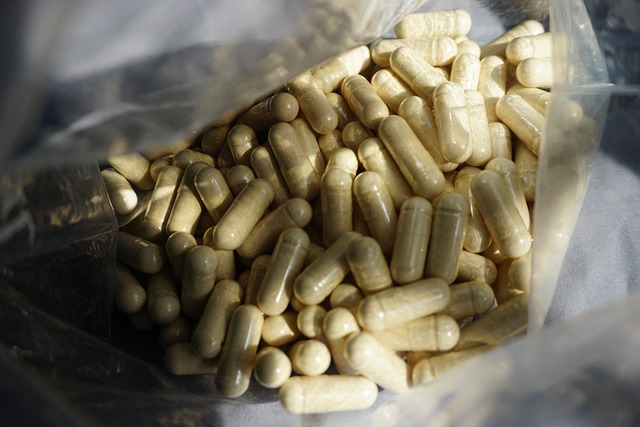
Supplementation for Vegans
While it’s possible to obtain all the necessary nutrients for muscle building from a well-planned vegan diet, some individuals may benefit from supplementation. Plant-based protein powders, such as pea protein or brown rice protein, can be a convenient way to increase your protein intake. Other supplements to consider include creatine, vitamin B12, omega-3 fatty acids, and vitamin D, which are commonly deficient in vegan diets. However, it’s important to consult with a healthcare professional or registered dietitian before starting any supplements.
Rest and Recovery
Rest and recovery are often overlooked but are crucial for muscle growth. Allow your body adequate time to recover between workouts, as this is when muscle repair and growth occur. Aim for 7-9 hours of quality sleep each night to support optimal recovery.
Incorporating active recovery strategies, such as light stretching, yoga, or low-intensity cardio, can also aid in muscle recovery by promoting blood flow and reducing muscle soreness. Listen to your body and take rest days when needed to prevent overtraining and injuries.
Tracking Progress and Adjustments
To ensure you’re making progress towards your muscle-building goals, it’s essential to track your progress and make adjustments when necessary. Keep a workout journal to record your exercises, weights, and reps, allowing you to monitor your strength gains over time. Take progress photos and measurements regularly to visually track changes in your muscle development.
If you’re not seeing the desired results, consider adjusting your workout routine or caloric intake. Gradually increase the intensity or volume of your workouts, or consult a fitness professional to help you design a more tailored program. Similarly, reassess your caloric intake to ensure you’re still in a slight caloric surplus and meeting your macronutrient needs.
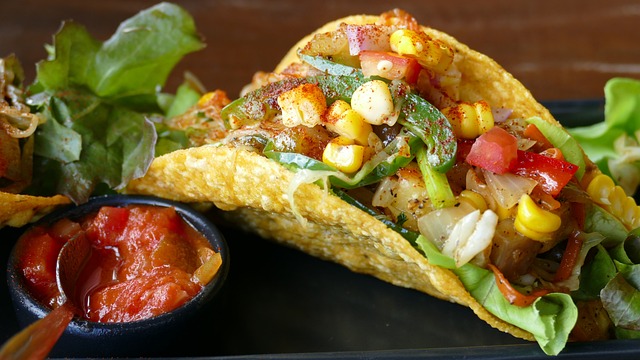
Sample Vegan Meal Plan for Muscle Building
Here’s a sample vegan meal plan that incorporates the principles discussed above:
Breakfast:
– Scrambled tofu with mixed vegetables
– Whole grain toast with avocado
Snack:
– Protein smoothie with almond milk, plant-based protein powder, banana, and spinach
Lunch:
– Quinoa bowl with roasted chickpeas, mixed greens, and tahini dressing
Snack:
– Apple slices with almond butter
Dinner:
– Lentil and vegetable stir-fry with brown rice
Post-Workout Snack:
– Vegan protein shake with berries
Before Bed:
– Chia pudding with almond milk and mixed nuts
Remember to adjust portion sizes and caloric intake based on your specific needs and goals.
Common Myths About Vegan Muscle Building
– Myth: Vegan diets lack sufficient protein for muscle building.
– Myth: Plant-based protein sources are incomplete and inadequate.
– Myth: It’s difficult to meet nutrient needs on a vegan diet.
– Myth: Vegan diets cannot provide enough energy for intense workouts.
– Myth: Vegans cannot build muscle as effectively as omnivores.
In reality, with proper planning and attention to nutrient intake, vegan diets can adequately support muscle building and athletic performance.
Overcoming Challenges and Staying Motivated
Building muscle on a vegan diet may present unique challenges, such as meal planning, sourcing vegan protein options, and navigating social situations. However, with proper education, preparation, and a positive mindset, these challenges can be overcome.
Find support through vegan fitness communities, online forums, or local vegan groups to connect with like-minded individuals who can provide advice and encouragement. Experiment with new recipes and flavors to keep your meals exciting and enjoyable. Remember your reasons for choosing a vegan lifestyle and let them fuel your motivation to achieve your muscle-building goals.
Conclusion
Contrary to popular belief, building muscle on a vegan diet is entirely achievable. By focusing on proper nutrition, including plant-based protein sources, incorporating effective strength training, and prioritizing rest and recovery, you can attain significant muscle growth while adhering to a vegan lifestyle. Remember to tailor your approach based on your individual needs, monitor your progress, and stay committed to your goals. With dedication and consistency, you can build a strong and muscular physique on a vegan diet.
IBM

FAQs (Frequently Asked Questions)
1. Can you build muscle on a vegan diet?
Yes, you can definitely build muscle on a vegan diet. By consuming a variety of plant-based protein sources, following a balanced macronutrient distribution, and implementing an effective strength training routine, you can achieve your muscle-building goals.
2. Do vegan bodybuilders get enough protein?
Yes, vegan bodybuilders can get enough protein through a well-planned diet that includes a variety of plant-based protein sources. By combining different protein-rich foods throughout the day, vegans can easily meet their protein requirements for muscle growth.
3. Do vegans need to take supplements for muscle building?
While it’s possible to obtain all the necessary nutrients for muscle building from a vegan diet, some individuals may benefit from supplements. Plant-based protein powders, creatine, and certain vitamins and minerals like B12 and omega-3 fatty acids are commonly supplemented in vegan diets. It’s important to consult with a healthcare professional or registered dietitian to determine if supplementation is necessary for you.
4. How long does it take to build muscle on a vegan diet?
The time it takes to build muscle on a vegan diet varies depending on factors such as genetics, training intensity, and diet quality. Generally, significant muscle growth can be observed within a few months of consistent training and proper nutrition.
5. Can you lose weight and build muscle on a vegan diet simultaneously?
While it can be challenging to simultaneously lose weight and build muscle, it is possible on a vegan diet. It requires a carefully planned diet with a slight caloric deficit, adequate protein intake, and a balanced exercise routine that includes both strength training and cardiovascular exercise.
Remember, everyone’s journey to building muscle on a vegan diet is unique, so it’s important to listen to your body, be patient, and stay consistent with your nutrition and training efforts.
Get Access Now: Vegan Diet Muscle Secrets
In conclusion, building muscle on a vegan diet is entirely feasible. By following the principles outlined in this article, including proper nutrition, effective strength training, and a focus on rest and recovery, you can achieve your muscle-building goals while maintaining a plant-based lifestyle. Embrace the diversity of plant-based protein sources, stay committed to your training, and enjoy the process of sculpting a strong and healthy body on a vegan diet.
